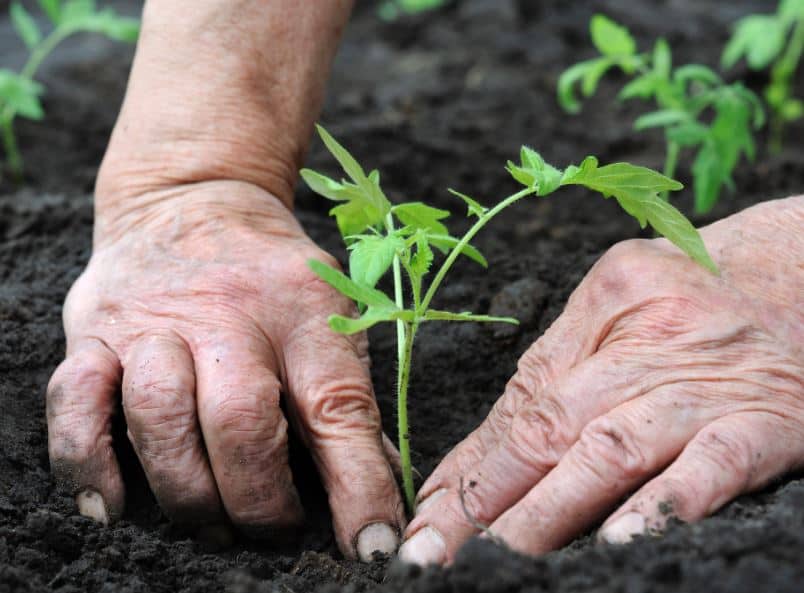Tetanus is a potentially fatal illness that lives in manure and dirt. Deep puncture wounds and cuts may also be used to introduce them into the skin. Learn how to guard against this potentially fatal virus if you are a gardener.

Do Soils Contain Tetanus Bacteria?
While you may not know it, the soil is home to potentially fatal microorganisms. Tetanus infection may happen if you walk on a rusty nail or suffer a serious cut, as explained to us all. But tetanus may also be acquired in other ways. Its spores, often found in soil and manure, may get into the body via a tiny skin cut or scrape. Understanding how to avoid this potentially fatal illness is crucial since gardeners spend much time dealing with soil.
Can Gardening Cause Tetanus?
Yes, it is possible to get tetanus when gardening since soil naturally contains tetanus germs. Moreover, a bug or animal bite may cause tetanus. As there is no treatment for tetanus, it is crucial to avoid contracting it.
Tetanus affects the neurological system and manifests as headache, neck and jaw muscle stiffness, perspiration, fever, and muscle spasms (lockjaw). The Centers for Disease Prevention and Control state that even while receiving extensive medical care, such as a lengthy hospital stay, deaths still happen one out of every ten times.
Is dirt a source of tetanus? The greatest techniques to safeguard oneself are as follows:
- Every ten years, get a booster shot for tetanus and diphtheria. Tetanus immunity is completely provided. One is available from your doctor or at the community health center. The Tdap (tetanus, diphtheria, pertussis) vaccination series is given to children, but immunity wanes over time. That is why it is essential to get vaccinated every 10 years.
- If you encounter a high-risk wound with soil contamination, receive a vaccine if it has been 5 or more years since getting one. Inform your healthcare physician that you were gardening when the accident occurred if any symptoms of infection or skin abnormalities appear.
- Use bandages, gloves, or other protective attire to cover existing wounds while gardening. Use gloves, long sleeves, protective glasses, and boots while gardening to avoid getting fresh cuts.
- Use proper wound care techniques. A cut or scrape should be cleaned with soap and water and bandaged to avoid infection.
Tetanus vaccinations are required every 10 years, so if you are unsure if you are current, you aren’t. Consult your health professional and take care of your health.


